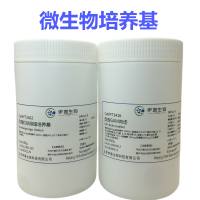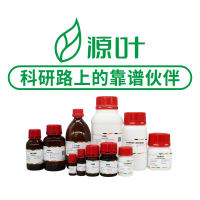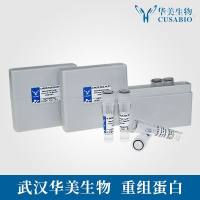Isolation of the Bactericidal/Permeability-Increasing Protein from Polymorphonuclear Leukocytes by Reversible Binding to Target Bacteria
互联网
410
Polymorphonuclear leukocytes (PMN) play a prominent role in host defense in mammals against invading bacteria (1 ,2 ). Among the essential attributes of these highly specialized cells are the elaboration of an array of cytotoxic peptides and polypeptides that can be targeted at bacterial prey. This includes the bactericidal/permeability-increasing protein (BPI), a cytotoxic protein that at nM concentrations acts selectively against many Gram-negative bacteria. The principal determinant of the target-cell selectivity and potency of BPI is its ability to bind avidly to lipopolysaccarides (LPS), abundant glycolipids found uniquely in the outer leaflet of the outer membrane of these bacteria (3 ,4 ). Binding of BPI to bacterial outer membrane LPS not only initiates antibacterial cytotoxicity but also blocks the potent pro-inflammatory activity of this bacterial product (5 ). Host responses to LPS fuel the delivery of host defenses (e.g., PMN) to sites of infection but can also lead to profound inflammatory injury if inadequately regulated (4 ,6 ). By contributing to the eradication of the bacteria that produce LPS and by blocking the activity of LPS already present, BPI can play a major role in elimination of invading Gram-negative bacteria and in downregulating further host responses to these bacteria.









